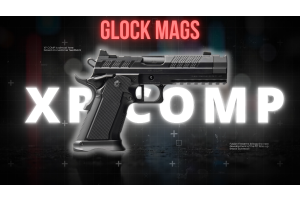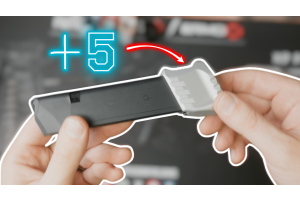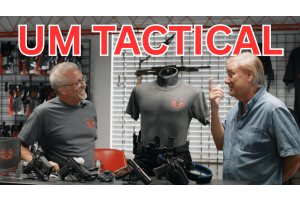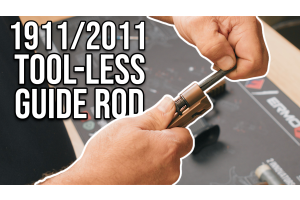A Comprehensive Guide to Shotgun Shell Types and Their Applications
0%
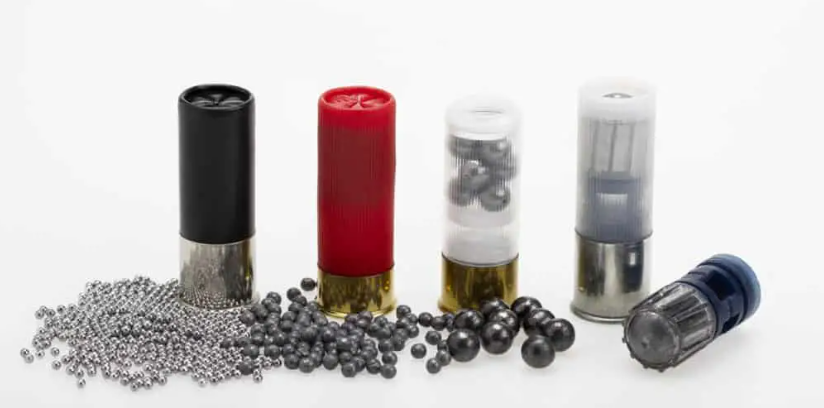
Introduction
Shotguns have been a staple firearm for centuries, serving a wide range of purposes from hunting to self-defense. One crucial factor that determines a shotgun's performance is the type of ammunition used. Shotgun shells come in various configurations, each designed to excel in specific applications. In this comprehensive guide, we will delve into the different shotgun shell types available on the market, exploring their unique features and ideal applications. Whether you are an experienced shotgun enthusiast or a newcomer to the world of shotguns, this article will equip you with the knowledge needed to make informed decisions about your ammunition choices.
Birdshot
Birdshot is the most common type of shotgun shell and is primarily used for hunting birds and small game. It consists of multiple small lead or steel pellets, which spread out upon exiting the barrel. The size of the pellets is denoted by numbers, with smaller numbers indicating larger pellets. Birdshot's wide pattern is suitable for shooting at moving targets, ensuring a higher chance of hitting the target even with less precise aim. However, due to the limited penetration power, birdshot is not recommended for self-defense or larger game hunting.
Buckshot
Buckshot is a popular choice for self-defense and hunting medium-sized game. Unlike birdshot, buckshot shells contain fewer but larger pellets, typically made of lead. These pellets provide increased stopping power and deeper penetration, making buckshot an effective choice for close-range engagements. The most common buckshot sizes are 00 (pronounced "double-aught"), which consists of nine pellets, and 000 (pronounced "triple-aught"), which contains fewer but larger pellets. It is important to note that the selection of the appropriate buckshot size depends on the intended use, with larger sizes offering greater stopping power but reduced pellet count.
Slugs
Slugs are solid projectiles that resemble oversized bullets. They are designed for accurate and long-range shooting. Slugs are typically made of lead or other dense materials and are highly effective for big game hunting or shooting through barriers. Unlike birdshot and buckshot, slugs offer a single, solid projectile, allowing for precise aim and deeper penetration. With their high muzzle velocity, slugs retain significant energy even at longer distances, making them suitable for shooting beyond the effective range of other shotgun shell types. It is important to consider the shotgun's choke when using slugs, as certain chokes may negatively impact accuracy.
Specialty Shells
Apart from the commonly used birdshot, buckshot, and slugs, there are numerous specialty shotgun shells available to cater to specific needs. These shells include:
- Reduced Recoil Shells: Designed to minimize the kickback experienced by the shooter, reduced recoil shells are ideal for individuals sensitive to heavy recoil or those seeking enhanced control during rapid-fire situations.
- Magnum Shells: Magnum shells are loaded with larger amounts of powder, resulting in higher muzzle velocities and increased stopping power. They are often used in hunting situations where greater range or power is required.
- Rubber or Bean Bag Shells: These shells are loaded with non-lethal projectiles, such as rubber pellets or bean bags, designed for less-lethal self-defense or crowd control situations.
- Slug and Shot Combination Shells: Combining the best of both worlds, these shells feature a slug backed by a load of smaller shot. They offer versatility for medium-range shooting, suitable for both hunting and self-defense purposes.
- Exotic Shells: Exotic shells include a wide variety of unique ammunition types, such as incendiary shells
- Incendiary Shells: These shells are designed to ignite upon impact, creating a fireball or producing a trail of sparks. They are primarily used for pyrotechnic displays, signaling, or creating visual effects.
- Armor-Piercing Shells: As the name suggests, armor-piercing shells are specifically engineered to penetrate armored targets. They are often utilized by law enforcement or military personnel in specific tactical situations.
- Flechette Shells: Flechette shells contain numerous small, dart-like projectiles instead of traditional pellets. These projectiles offer increased range, penetration, and accuracy, making them suitable for specialized hunting or tactical applications.
Considerations for Shell Selection
When selecting shotgun shells for a specific purpose, there are several factors to consider:
- Range: Determine the effective range required for your intended application. Some shells perform better at short distances, while others excel at longer ranges.
- Target: Consider the size and nature of your target. Smaller game may require birdshot, while larger game necessitates buckshot or slugs.
- Penetration: Evaluate the penetration capabilities needed for your application. Hunting thick-skinned animals or shooting through barriers may require the use of slugs or specialty shells.
- Recoil: Take into account the recoil tolerance and physical capabilities of the shooter. Reduced recoil shells can help mitigate the impact on the shooter's shoulder.
- Legal and Safety Considerations: Ensure that the selected shotgun shell complies with local laws and regulations. Additionally, prioritize safety at all times and handle ammunition responsibly.
Conclusion
Understanding the different types of shotgun shells and their applications is essential for maximizing the performance of your shotgun. Whether you are hunting, engaging in self-defense, or participating in a specific shooting discipline, selecting the appropriate ammunition is crucial. Birdshot offers wide patterns for hunting birds and small game, buckshot provides increased stopping power for self-defense, and slugs deliver accuracy and penetration for big game hunting. Additionally, specialty shells cater to specific needs, such as reduced recoil, increased power, or less-lethal options.
By considering factors like range, target, penetration, and recoil, you can make informed decisions when choosing shotgun shells. Always prioritize safety, adhere to local regulations, and engage in responsible shooting practices. With this comprehensive guide, you are now equipped with the knowledge to select the most suitable shotgun shell for your desired application, ensuring optimal performance and successful shooting experiences.


